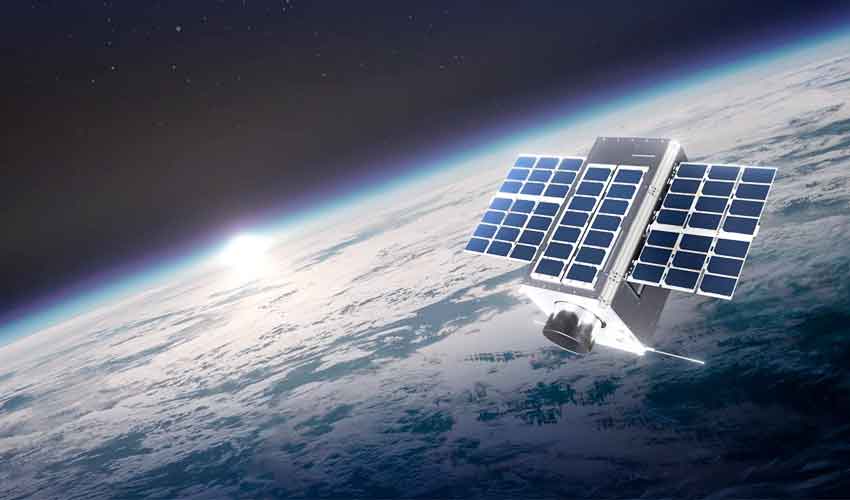Pakistan's second communication satellite, Paksat MM1, is set for launch this Thursday, in a significant move for the country's space and communication technology.
This advanced satellite, developed by Pakistani scientists and engineers through relentless effort, marks a major step forward in the nation’s aspirations to enhance internet connectivity across all regions. The launch will be conducted on May 30 from one of China's satellite launch centres.
The Space and Upper Atmosphere Research Commission (Suparco) has been at the forefront of this ambitious project, with a vision to bring reliable internet services to every corner of Pakistan and create a developed digital Pakistan. The upcoming launch of Paksat MM1, the country's second space mission in May, is poised to turn this dream into reality, providing a much-needed boost to the country’s digital infrastructure.
Paksat MM1 will help improve TV broadcasting, cellular phone service, and broadband service across Pakistan. It will start providing its service in August.
Also Read: iCube Qamar satellite sends historic first images of sun from moon's orbit
Paksat MM1 is designed to significantly enhance communication capabilities, ensuring widespread internet coverage. This development is particularly crucial for remote and underserved areas, where internet access has been limited or non-existent. By bridging this digital divide, Suparco aims to foster greater socio-economic development and digital inclusion.
On May 11, Pakistan had announced plans to launch a new satellite into space, following the successful deployment of the iCube Qamar satellite.
The MM1 was scheduled to be launched on May 30, according to a spokesperson of the Space and Upper Atmosphere Research Commission (Suparco). The national space agency said the launch was set to take place from Islamabad.
The primary objective behind the MM1 satellite was to bolster Pakistan's communication infrastructure. It had been anticipated that the satellite will contribute to the establishment of a sophisticated communication network, and has the potential to meet the growing demands of the telecom sector.
Also Read: Pakistan to launch another satellite to advance communication capabilities
With the exponential growth in internet usage and the imminent rollout of 5G technology, the MM1 satellite holds promise in ensuring better availability and reliability of these services across the country. The satellite's advanced capabilities are expected to address the increasing demand for high-speed internet and seamless connectivity.
On May 3, Pakistan launched its first mission to the moon, entering the international space race for research. The mission was launched with Chinese assistance from China's Hainan Space Site. The satellite, weighing about 7kg, was developed by the Electrical Engineering Department of the Institute of Space Technology (IST) in Islamabad in two years.



























